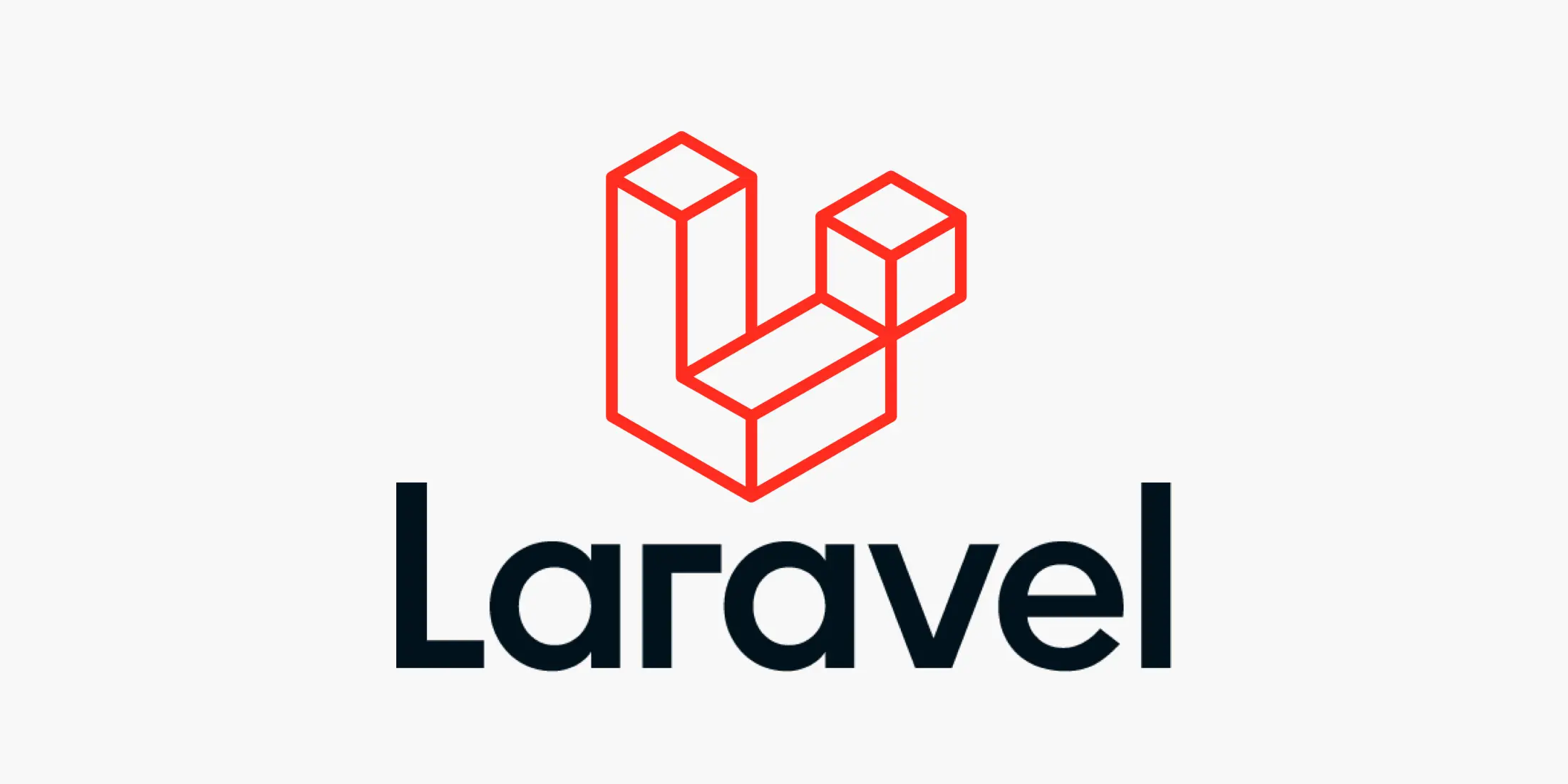源码
1
2
3
4
5
6
7
8
9
10
11
12
13
14
15
16
17
18
19
20
21
22
23
24
25
26
27
28
29
30
31
32
33
34
35
36
37
38
39
40
41
42
43
44
45
46
47
48
49
50
51
52
53
54
55
56
57
58
59
60
61
62
63
64
65
66
67
68
69
70
71
72
73
74
75
| <?php
declare(strict_types=1);
namespace Hyperf\Cache\Aspect;
use Hyperf\Cache\Annotation\CacheAhead;
use Hyperf\Cache\AnnotationManager;
use Hyperf\Cache\CacheManager;
use Hyperf\Cache\Driver\KeyCollectorInterface;
use Hyperf\Di\Aop\AbstractAspect;
use Hyperf\Di\Aop\ProceedingJoinPoint;
class CacheAheadAspect extends AbstractAspect
{
public array $classes = [];
public array $annotations = [
CacheAhead::class,
];
public function __construct(protected CacheManager $manager, protected AnnotationManager $annotationManager)
{
}
public function process(ProceedingJoinPoint $proceedingJoinPoint)
{
$className = $proceedingJoinPoint->className;
$method = $proceedingJoinPoint->methodName;
$arguments = $proceedingJoinPoint->arguments['keys'];
$now = time();
[$key, $ttl, $group, $annotation] = $this->annotationManager->getCacheAheadValue($className, $method, $arguments);
$driver = $this->manager->getDriver($group);
[$has, $result] = $driver->fetch($key);
if ($has && isset($result['expired_time'], $result['data'])) {
if ($now < $result['expired_time']) {
return $result['data'];
}
if (! $driver->getConnection()->set($key . ':lock', '1', ['NX', 'EX' => $annotation->lockSeconds])) {
return $result['data'];
}
}
$result = $proceedingJoinPoint->process();
if (! in_array($result, (array) $annotation->skipCacheResults, true)) {
$driver->set(
$key,
[
'expired_time' => $now + $annotation->ttl - $annotation->aheadSeconds,
'data' => $result,
],
$ttl
);
if ($driver instanceof KeyCollectorInterface && $annotation instanceof CacheAhead && $annotation->collect) {
$driver->addKey($annotation->prefix . 'MEMBERS', $key);
}
}
return $result;
}
}
|
解析
这段代码实现了一个名为缓存预热(Cache Ahead)的切面,是在 Hyperf 框架下实现的。缓存预热是一种优化策略,它通过在缓存过期之前更新缓存数据,以确保用户在请求数据时能够快速获取到最新的数据,从而提高系统的性能和响应速度。
首先,让我们逐步分析这段代码的主要功能:
切面类定义与注解声明:
这个切面类继承自 Hyperf 框架的 AbstractAspect 类,用于实现面向切面编程。在类中定义了 $classes 和 $annotations 两个属性,分别用于指定该切面要拦截的类和注解,这里指定了 CacheAhead 注解。
构造函数注入依赖:
构造函数中注入了 CacheManager 和 AnnotationManager 对象,这些对象用于管理缓存和注解信息,后续会在方法中使用它们来获取缓存和注解的相关信息。
核心处理方法 process:
这是切面类中最重要的方法,它接收一个 ProceedingJoinPoint 对象,表示一个切点,即被拦截的方法调用。
首先,从 ProceedingJoinPoint 对象中获取了当前方法所在的类名、方法名和参数,以及当前时间戳。
然后,通过注解管理器 AnnotationManager 获取了缓存预热相关的注解信息,包括缓存键、过期时间等。
接着,通过缓存管理器 CacheManager 获取了对应缓存组的驱动器对象。
在获取了缓存驱动器之后,首先尝试从缓存中读取数据,如果缓存数据存在且未过期,则直接返回缓存数据。
如果缓存数据不存在或已过期,则尝试获取锁,避免多个请求同时更新缓存。如果成功获取到锁或者锁已存在(即有其他请求已经在更新缓存),则继续执行目标方法(被拦截的方法),获取最新的数据。
获取到最新数据后,将数据更新到缓存中,并设置新的过期时间。
如果需要收集缓存键,则在驱动器中进行相应操作。
最后,返回最新的数据给调用方。
通过以上分析,可以看出这段代码的核心思想是在方法执行前检查缓存是否过期,如果过期则执行目标方法获取最新数据,并更新缓存。在高并发情况下,通过加锁机制确保只有一个请求可以更新缓存,其他请求获取老数据,从而避免了缓存击穿问题,提高了系统的稳定性和性能。



